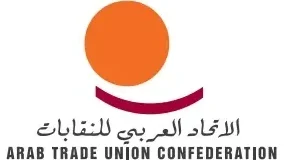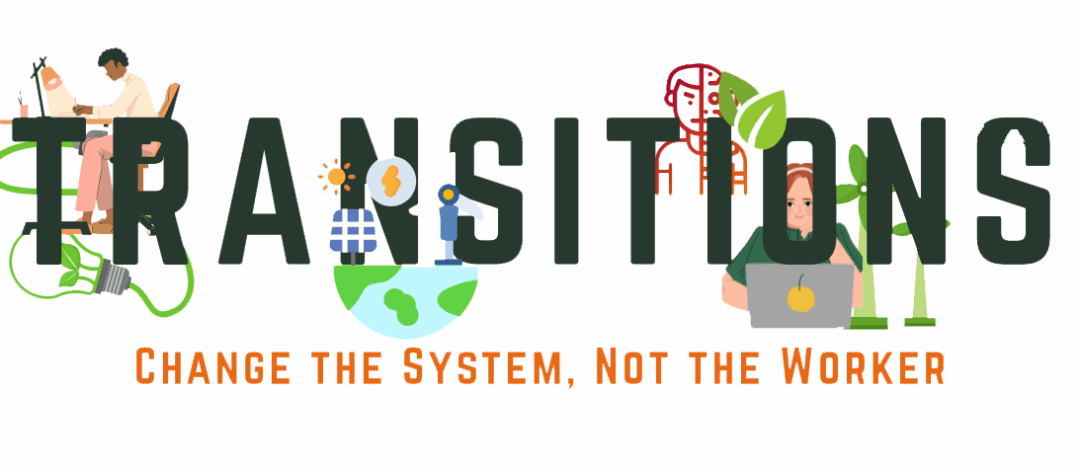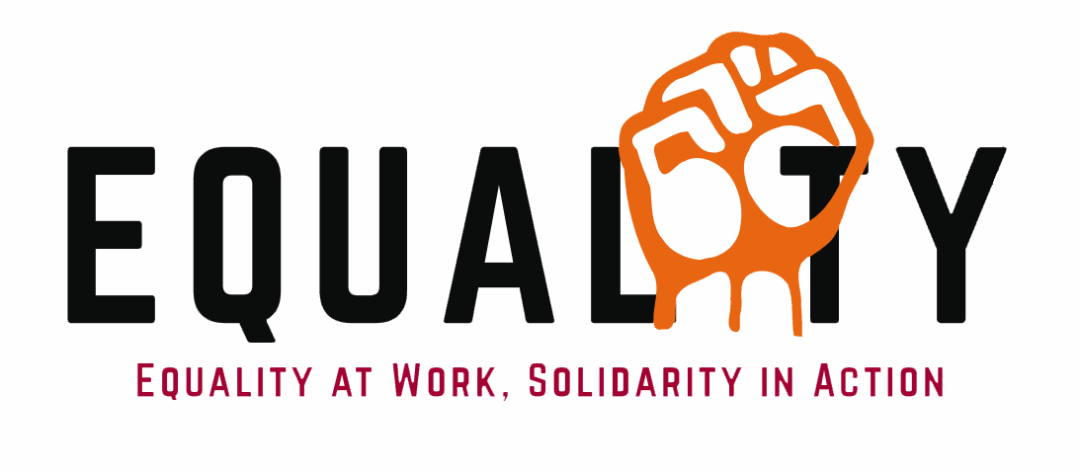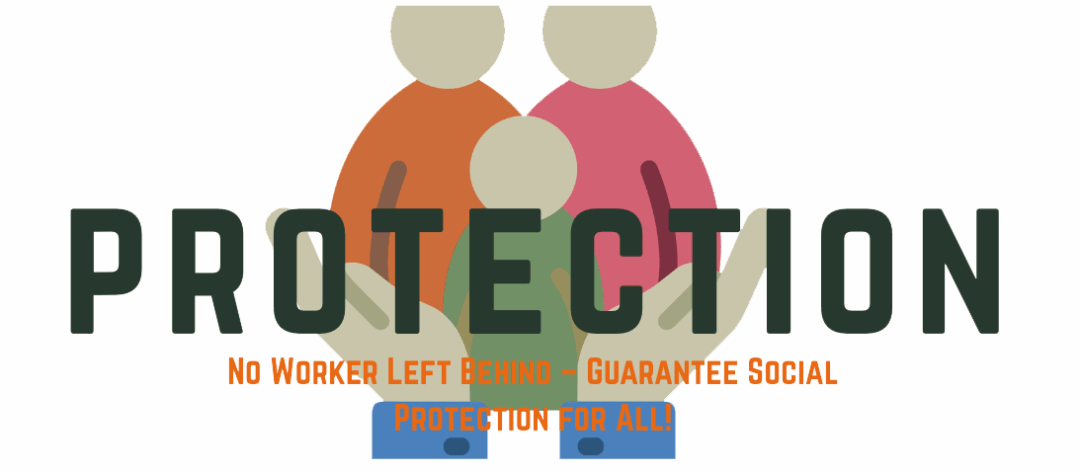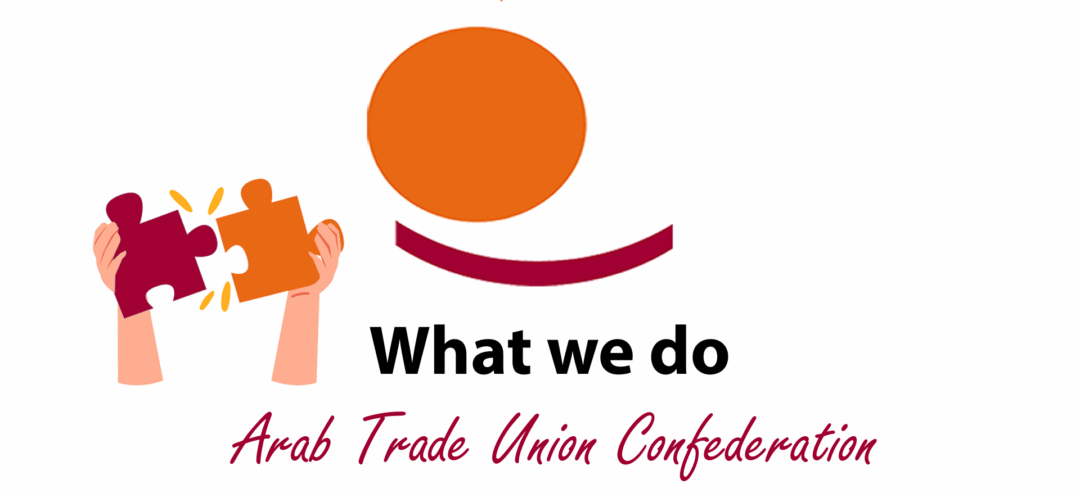
About Us – Arab Trade Union Confederation (ATUC)
The Arab Trade Union Confederation (ATUC) is the primary regional trade union organization in the Arab world, uniting over 7 million workers through more than 20 national union centers across North Africa, the Levant, and the Gulf. ATUC was established in response to the urgent need for a democratic, independent, and unified Arab trade union movement capable of defending workers’ rights and social justice at a time of profound regional and global transformations.
Founded on the principles of democracy, independence, solidarity, and social justice, ATUC is committed to:
- Defending labor, economic, social, civil, and human rights for all workers, especially for marginalized groups such as migrant workers, women, youth, informal sector workers, and persons with disabilities;
- Promoting free, transparent, and representative trade unionism, grounded in international labor standards and respect for pluralism;
- Advocating for decent work, fair wages, occupational safety and health, and universal social protection;
- Contributing to the development of democratic institutions and the protection of public freedoms, particularly freedom of association, the right to strike, and freedom of expression.
ATUC is governed by a democratic structure anchored in its Constitution and Bylaws. Every four years, the General Congress, its highest decision-making body, elects the Executive Bureau, the General Council, and the President, who oversee implementation of ATUC’s policies and strategic priorities.
Our Vision
The Arab Trade Union Confederation (ATUC) envisions a democratic, just, inclusive, and sovereign Arab region, where all workers—regardless of their gender, age, status, or origin—enjoy their full rights, a life of dignity, and meaningful representation.
By empowering its member unions and fostering a strong and democratic trade union movement, ATUC is committed to enabling member representatives to be active partners in driving social and economic transformation across the Arab region.
Our Strategic Priorities
ATUC’s work is guided by a comprehensive strategic agenda that aims to:
• Promote gender equality and ensure the full and effective participation of women in the labor market, within trade unions, and in leadership positions;
• Empower youth and protect their rights, while encouraging their involvement in shaping the future of work and renewing the trade union movement;
• Defend the rights of migrant workers and combat exploitative and unjust migration systems;
• Foster inclusive social dialogue and enhance the role of trade unions in policy formulation at national, regional, and international levels;
• Combat all forms of discrimination and exploitation, including forced labor, child labor, and human trafficking;
• Support democratic governance, transparency, anti-corruption efforts, and inclusive and equitable economic development across the region.
Our Programs and Initiatives
To achieve its mission, ATUC has launched several pioneering programs and initiatives, including:
• Equality Forum: A regional platform focused on advancing social justice and equality at work, while addressing gender-based discrimination and exclusion;
• Arab Just Transition Center: Aims to support the shift towards a fair digital and green economy that prioritizes people, protects workers’ rights, and ensures their participation in decision-making;
• Social Protection, Occupational Safety and Health Program: Advocates for comprehensive social protection systems, improved working conditions, and strengthened labor inspection mechanisms;
• Democracy, Peace, and Workers’ Rights Program: Promotes civil liberties, expands democratic spaces, and enhances the role of trade unions in peacebuilding efforts.
International Work and Solidarity
ATUC plays a key role in the international trade union movement as an active member of the International Trade Union Confederation (ITUC) and maintains strategic partnerships with:
• The International Labour Organization (ILO): To align Arab labor standards with international conventions;
• The Union for the Mediterranean and Euro-Mediterranean Economic and Social Councils: To advocate for inclusive policies that reflect the interests of Southern Mediterranean countries and promote sustainable development;
• Civil society organizations, feminist movements, youth groups, and academic institutions: To broaden the scope of influence and advance social justice.
ATUC also actively participates in major global forums, including United Nations conferences on sustainable development, to ensure workers’ voices are heard in discussions on climate change, digital transformation, social protection, and economic reforms.
